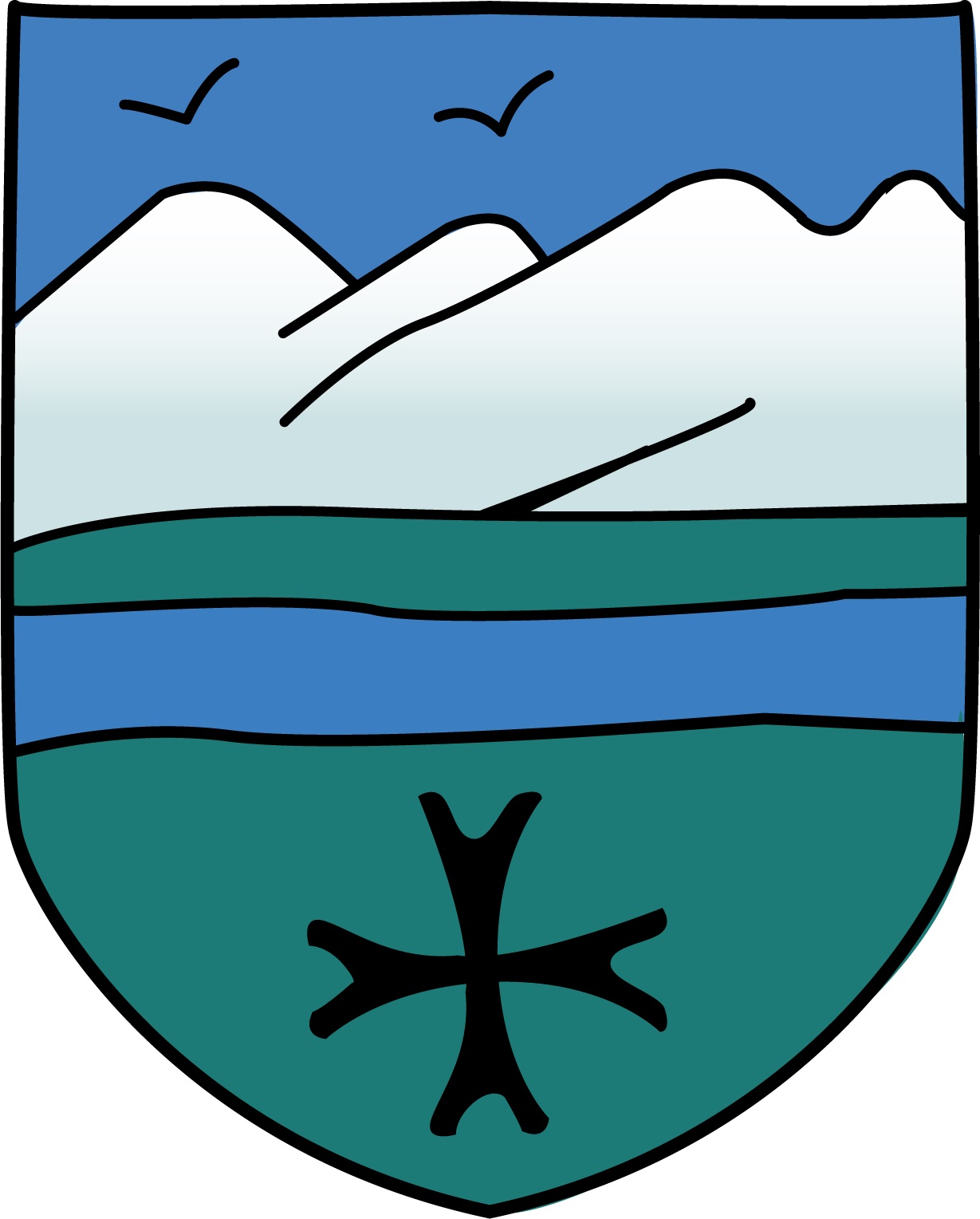Internet Safety
Being online is an integral part of children’s lives. Social media, online games, websites and apps can be accessed through mobile phones, computers, laptops and tablets – all of which form a part of child’s online world. The internet provides new opportunities for young people’s learning and growth, but it can also expose them to new types of risks.
At Temple Sowerby CE Primary School, we aim to equip children with a secure understanding of how to stay safe online. It is regularly taught as part of both our Computing and RHSE curriculum and also discussed in assemblies, including as part of Safer Internet Day each February.
Parents' Online Safety Workshop 2024
We also host after-school workshops to provide information and support for parents on how to keep children safe online. Following our most recent session, we shared the following factsheets to address concerns about specific online apps and games.
- Apps overview - potentially dangerous apps parents and teachers should be aware of
- Managing device stress and anxiety
- Parental controls guide - how to set up controls on new devices
- Positive outcomes - 10 ways gaming can promote positive outcomes
- Fortnite factsheet
- Tiktok factsheet
- Roblox factsheet
- Snapchat factsheet
- Sextortion
CEOP – Child Exploitation and Online Protection
The Click CEOP button is an asset of the National Crime Agency’s CEOP Command. The CEOP Command works to protect children from the harm of sexual abuse and exploitation both online and offline.
It also provides access to an online mechanism for reporting known or suspected child sexual exploitation or child sexual abuse directly to CEOP.
This is offered as a convenient and potentially less intimidating method of reporting these sensitive types of crime, alternative to face-to-face and telephone reporting to local police forces.
The CEOP Safety Centre
The Click CEOP button provides a gateway to the CEOP Safety Centre, an area of the CEOP website offering:
- advice on a range of online safety issues, such as hacking and cyberbullying;
- signposting to NCA-CEOP partners offering help and support on issues outside of CEOP’s remit, such as ChildLine and BeatBullying;
- reporting of suspected or known child sex offender activity directly to CEOP for investigation.
Reporting to CEOP
- CEOP operates a 24/7 service for the receipt of reports.
- Reports can be made to CEOP by a young person or on their behalf by a parent/carer or professional working with these groups.
- Children under 11 years of age are encouraged to tell an adult that they trust about what has happened and to ask for their help in reporting this either to CEOP or local police.
- All reports to CEOP are treated as reports of crime and as such anonymous reports cannot be accepted.
Here is a range of factsheets, guides and websites to provide additional guidance on how to keep safe online.
- Safer Internet Day 2022 – Advice for Parents and Carers
- Instagram Parents Guide
- Cyberbullying Factsheet
- Grooming Factsheet
- Inappropriate Websites Factsheet
- NSPCC Online Safety – a website from the NSPCC, giving tips and advice to help you keep your child safe on social networks, apps and games.
- Talking to your Child – a guide for parents

